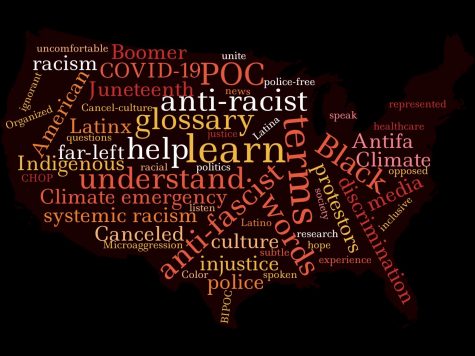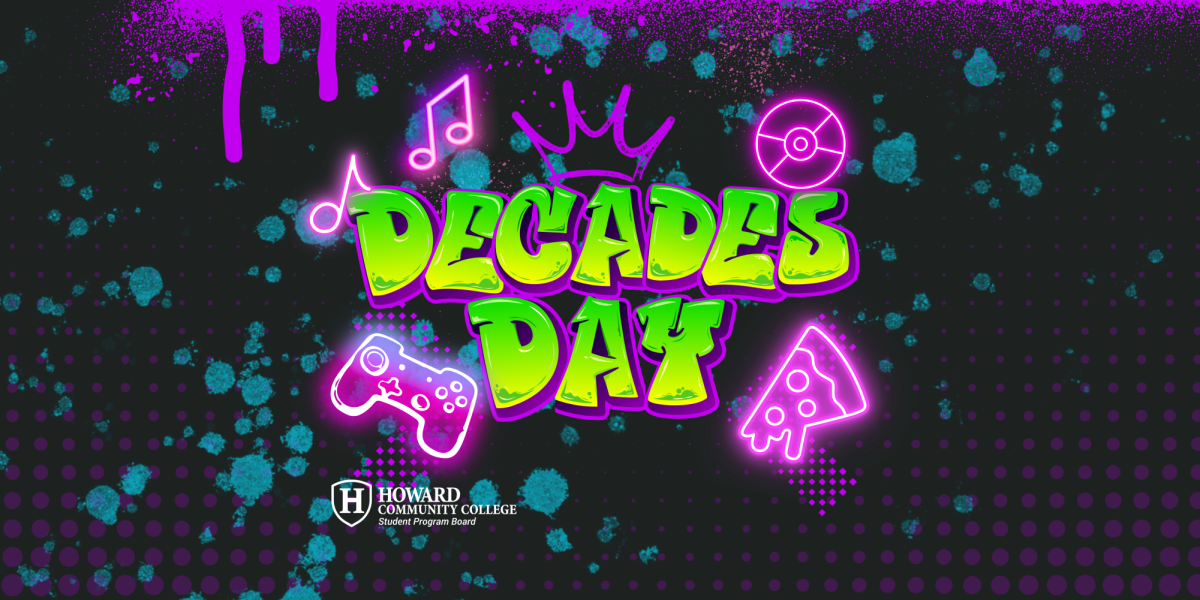Crucial Conversations: Key Terms in the Fight for Racial and Environmental Justice
September 15, 2020
 If you’ve turned on your television, browsed the web, or spoken to any other living human being lately, chances are you’ve encountered some new words.
If you’ve turned on your television, browsed the web, or spoken to any other living human being lately, chances are you’ve encountered some new words.
In this day and age it’s difficult to stay out-of-the-loop—gone are the passively ignorant approaches that may have worked for some of us in the past. Now is the time (if you want) to listen, learn, and speak up! Maybe I can help make it a bit less daunting.
The third week of June started out like any other week for me. Glancing over my calendar and checking my schedule, something caught my eye: “Juneteenth.” It struck me as an odd word and I wondered if it represented something trivial. Turns out, I couldn’t have been more wrong. It was in that moment when I realized I had a lot to learn. I thought about how many more words, acronyms, terms, abbreviations, etc., have been taking over the media lately. It’s easy to lose track of which terms mean what, and why. I decided to compile a glossary to help myself and others navigate this current, very “plugged in” world of ours. Read on to learn what Juneteenth means, along with many other notable terms…
- Antifa: short for anti-fascists, and pronounced “an-TEE-fa,” this is a term used to describe radically far-left, anti-racist, anti-fascist people. Rather than having any type of national or universal leadership, these groups tend to present as small, regional factions, who many consider to have a violent and destructive agenda.
- BIPOC: stands for “Black, Indigenous, People of Color.” This acronym is meant to unite all people of color, as opposed to just “POC” (people of color), which is a little less inclusive.
- Boomer: short for “baby boomer,” this term describes people of an older generation who are accused (often in a derogatory manner) of misunderstanding younger generations/millennial culture and politics.
- Cancel-culture/canceled: the public shunning or declared withdrawal of support (typically via social media and other public platforms) for an individual after they express or display unpopular/harmful views or behaviors.
- CHOP zone: stands for “Capitol Hill Organized Protest,” this is a self-declared police-free, barricaded, autonomous zone in Seattle, where protestors were free to exist and demonstrate without police presence or interference. The zone made headlines as a passionate and potent force before being officially dismantled in July, though many argue that the movement still lives on.
- Climate emergency: chosen by Oxford Dictionary to be 2019’s “word of the year,” this term describes the declaration of the world’s urgently dire environmental situation and the need for immediate action/changes, before irreversible damage occurs.
- Institutional/systemic racism: this is racism that has become ingrained in our culture and ways of life; it can lead to issues and discrimination in healthcare, housing, schools, criminal justice, and more.
- Juneteenth: a portmanteau of the two words “June” and “nineteenth,” this is a holiday that honors the end of slavery in the U.S., on the day (in 1865) that many African American slaves first learned of their freedom…over two years after it was originally declared! The news of Lincoln’s Emancipation Proclamation traveled slowly through steadfast confederate slave states, thus causing the delay.
- Latinx: a gender-neutral or non-binary term used to describe people of Latin American descent (as opposed to Latino or Latina).
- Microaggression: a specific, usually subtle action, behavior, or statement that is discriminatory towards a specific group. These are often casual and meant to cause no harm, but often can make the person on the receiving end feel uncomfortable and/or invalidated. An example could be assuming your acquaintance of Asian descent knows someone with COVID-19.
- White fragility: the discomfort (and sometimes defensiveness) experienced by some white people around topics of racial injustice.
- White privilege: the commonplace advantages that white people in our society get to experience daily, in almost all facets of life.
There are probably around a million more terms that I could cover, but I’m going to leave you with those twelve. I hope this list can help you understand a little more about our country’s current events. Remember– don’t be afraid to speak up or do more research if you have any questions or want to learn more!






